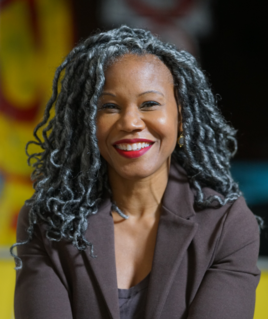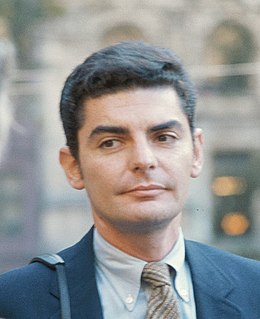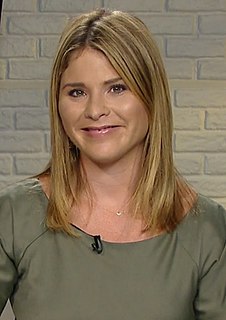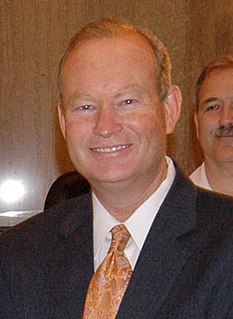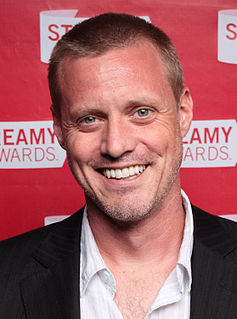A Quote by Ramesh Srinivasan
I'm really interested not just in privacy for the individual but respect for the local communities. And I think we have a problem with both and whenever industries kind of become almost monopolistic they have to be challenged to be more responsible. We can challenge them in the press, in the courts and in regulation.
Related Quotes
In recent years, Republicans have argued that Congress is a more responsible policymaker than the executive branch. But when it comes to regulation, Congress is often much worse, and for just one reason: Executive agencies almost always focus on both costs and benefits, and Congress usually doesn't.
Prior to Katrina, the South Bronx and New Orleans' Ninth Ward had a lot in common. Both were largely populated by poor people of color, both hotbeds of cultural innovation: think hip-hop and jazz. Both are waterfront communities that host both industries and residents in close proximity of one another.
Elites are inevitable in politics. That is how politics is going to work. The question is, are your elites responsible, public-spirited? Do they think about the interests of others, not just themselves? And the story of Western politics since the beginning of the century is that as elites become more separated, more selfish, as they leave behind their populations and don't think about them, they become discredited. And the people look for alternatives. But the alternative is worse. Those rules of the game protect us all. And they are more precious than almost any political outcome.
I'd say the most important criteria is vision. What is your vision for the party? Do you have a vision to strengthen the grassroots and help them turn out people in their local communities? That's the real thing. The real question is not about one person. It's not about an individual. It's about millions of people working all over this country to reach out in their local communities. And the DNC chair has to help them do that and have a vision for that and have the energy for that.
It goes to local authorities and even to members of Parliament so that individual citizens almost become people who want to sit and wait for their member of Parliament to come and solve the problem. Now that won't take you anywhere. And if you follow it, you will see that it feeds corruption in the country.
YouTube has become more mature, both as a platform and as a community. So much content has been added in almost every conceivable category that there are no more free passes on just getting there first. I think there are greater expectations for audience participation, the kind of participation that makes a real impact in a show's community.







